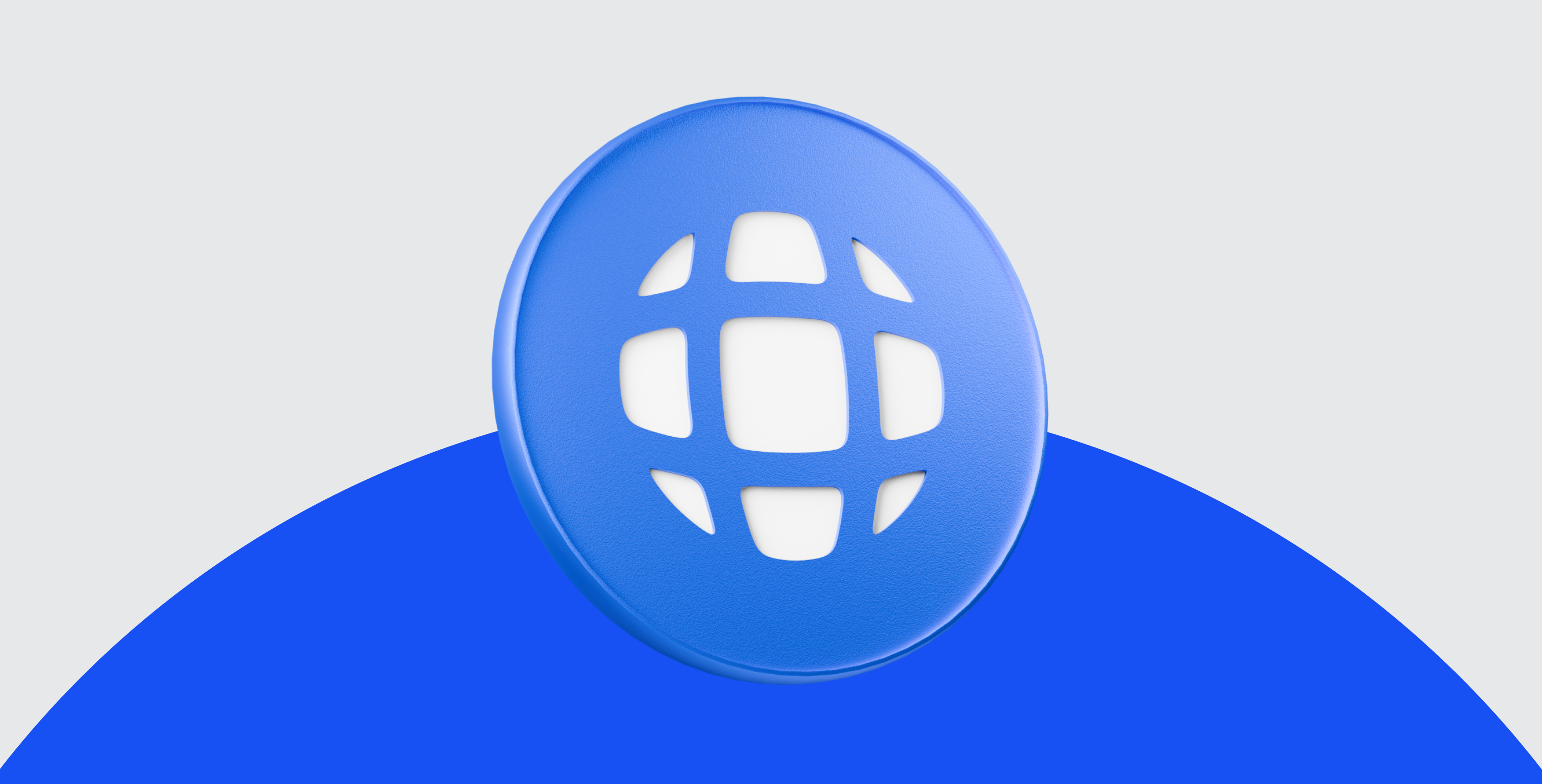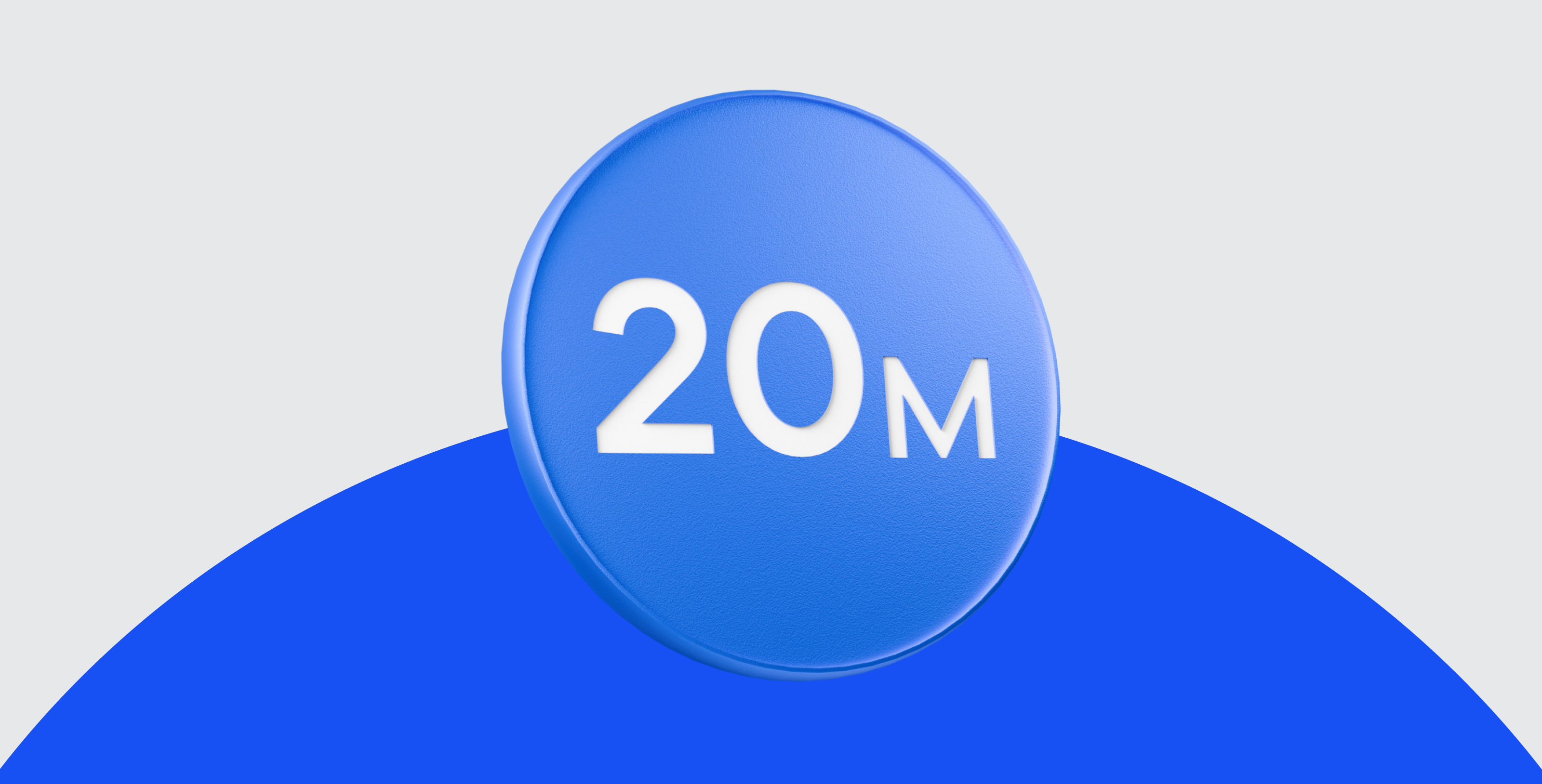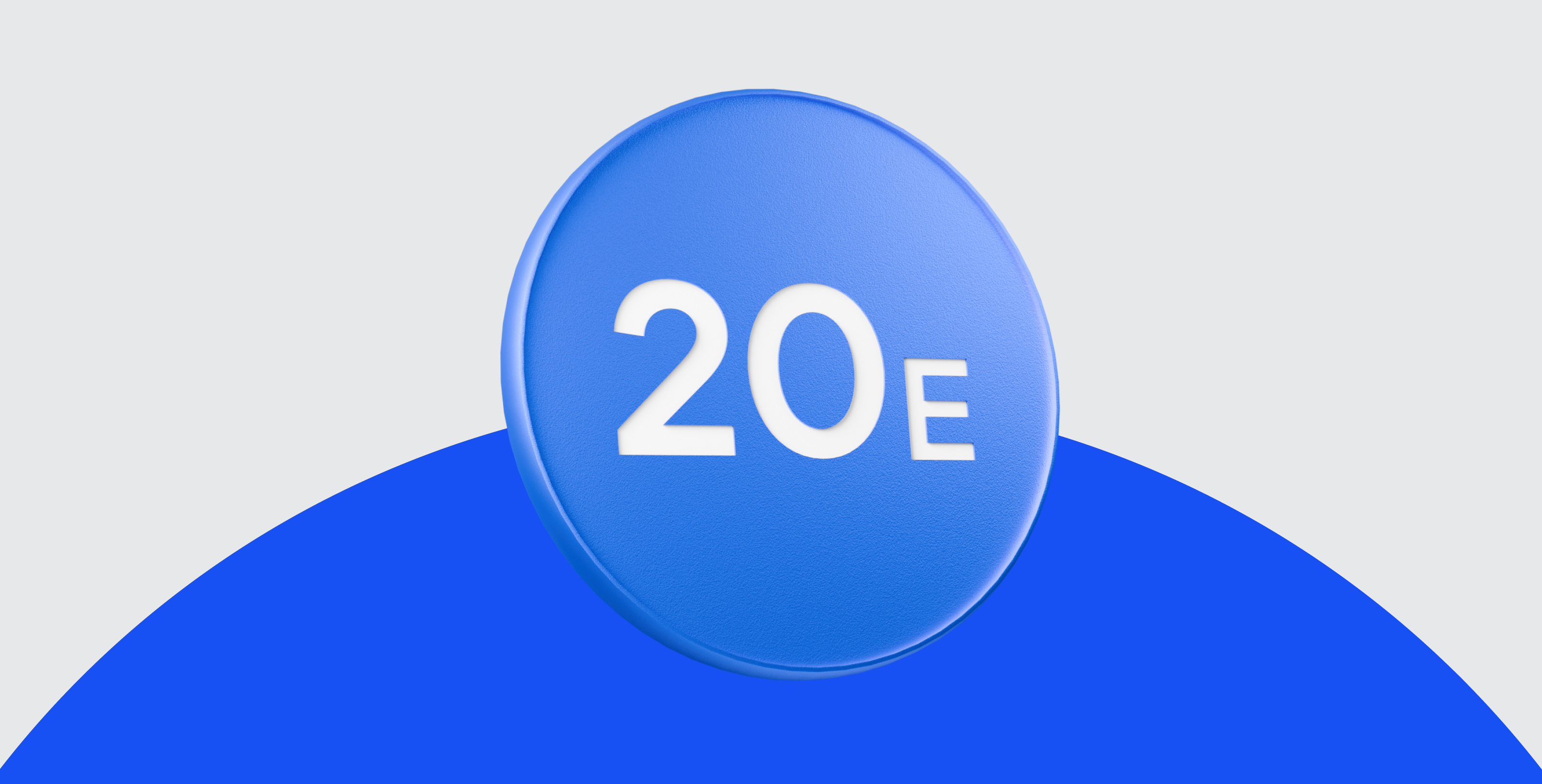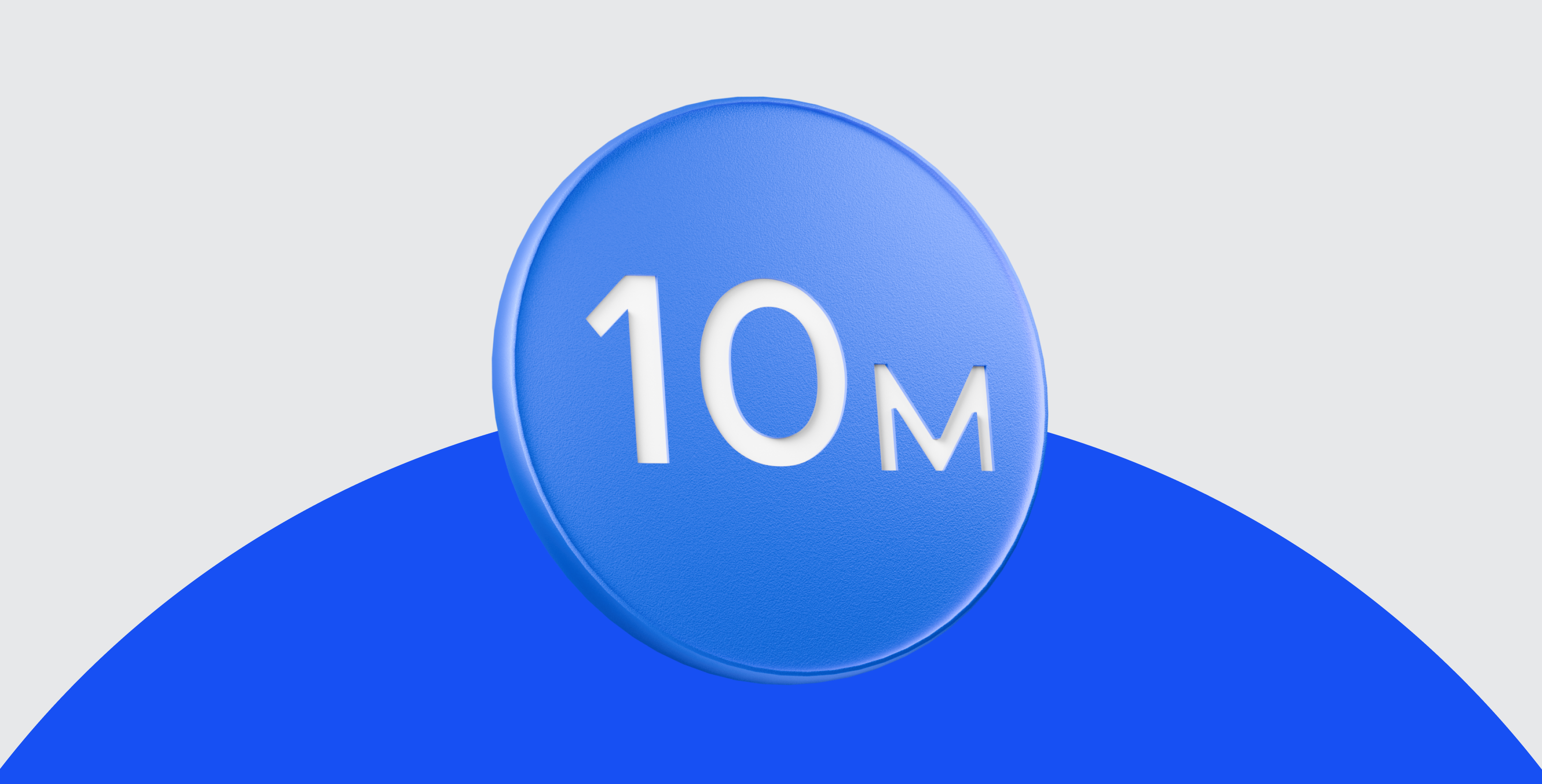What is Solana?

The world of cryptocurrency has been rapidly evolving, with new technologies emerging all the time. One such technology is Solana, a high-performance blockchain platform that aims to revolutionise the world of decentralised finance (DeFi). Launched in 2020, Solana has gained attention for its impressive transaction speed and scalability.
In this beginner guide, you will learn about Solana, how it works, what makes it unique, and why you should consider using it.
What is Solana?
Solana is a fast, secure, and decentralised blockchain platform introduced in 2017 by former Qualcomm engineer, Anatoly Yakovenko. The Solana network offers many similar features to other cryptocurrency networks, such as smart contracting, transaction settlement, and token issuance. Yet, unlike its competitors, Solana was designed to enable high-speed transactions and low transaction fees through its unique combination of technologies, including proof-of-history (PoH), tower BFT consensus, and Gulf Stream.
The Solana network’s native cryptocurrency, SOL, powers the network, executes programs, sends transactions, and incentivises actors that support the Solana network.
How does Solana work?
Solana's architecture was designed to address some of the scalability issues faced by other blockchain platforms.
Proof-of-History (PoH)
Solana's PoH technology is a cryptographic clock that timestamps each transaction, enabling validators to confirm the order of transactions without the need for a centralised clock — this ensures that the network remains decentralised while also improving performance.
Delegated Proof-of-Stake Consensus (DPoS)
Solana's tower BFT consensus mechanism incorporates DPoS — a consensus algorithm that uses a voting and reputation system to secure the network, validate transactions and distribute newly minted SOL. This means that anyone who owns SOL tokens can help secure the network and ensure that double-spending and other malicious activities are prevented.
What makes Solana unique?
Solana is unique because of its high-speed transactions, low transaction fees, a unique combination of technologies, and developer friendly.
- High-speed transactions: Solana claims to be able to process 65,000 transactions per second (TPS), much faster than the 15-45 TPS that Ethereum can handle. Solana's high speed is achieved through a combination of its Proof of History consensus mechanism and its use of parallel processing.
- Low transaction fees: Solana offers far lower fees when compared to what many other similar blockchain networks are charging today. For reference, Ethereum transaction fees are >200x more expensive when compared to the same transaction on the Solana network.
- Unique combination of technologies: Solana's PoH technology enables the network to remain decentralised while still achieving high performance. Solana's tower BFT consensus mechanism also ensures that the network remains secure and that transactions are processed quickly and efficiently.
- Developer friendly: Solana supports programming languages such as C++, Rust, and JavaScript, which are popular among developers. This makes it easier for developers to build and deploy dApps on the Solana network.
Why Use Solana (SOL)?
There are several reasons why you should consider using Solana.
Firstly, Solana's impressive high-speed transactions and low transaction fees make it an attractive option for developers looking to build high-performance DeFi applications that require fast and inexpensive transactions, making it a more cost-effective option than other blockchain platforms, such as Ethereum.
Solana is also highly scalable, which means that it can support a large number of users and transactions without experiencing any performance issues. This makes Solana an ideal platform for applications that require high throughput and low latency, such as decentralised exchanges (DEXs) and trading platforms.
In addition, Solana's developer-friendly design makes it easier for developers to build and deploy decentralised applications (dApps) on the platform. Its support for popular programming languages means that developers can use the tools they are familiar with to build on Solana.
Overall, Solana has the potential to be a game-changer in the world of decentralised applications. Its high speed, low fees, and developer-friendly design make it an attractive option for developers looking to build the next generation of dApps.
Where can I buy Solana?
At Altify, you can seamlessly buy, sell and trade Solana for fiat currencies or other cryptocurrencies.




